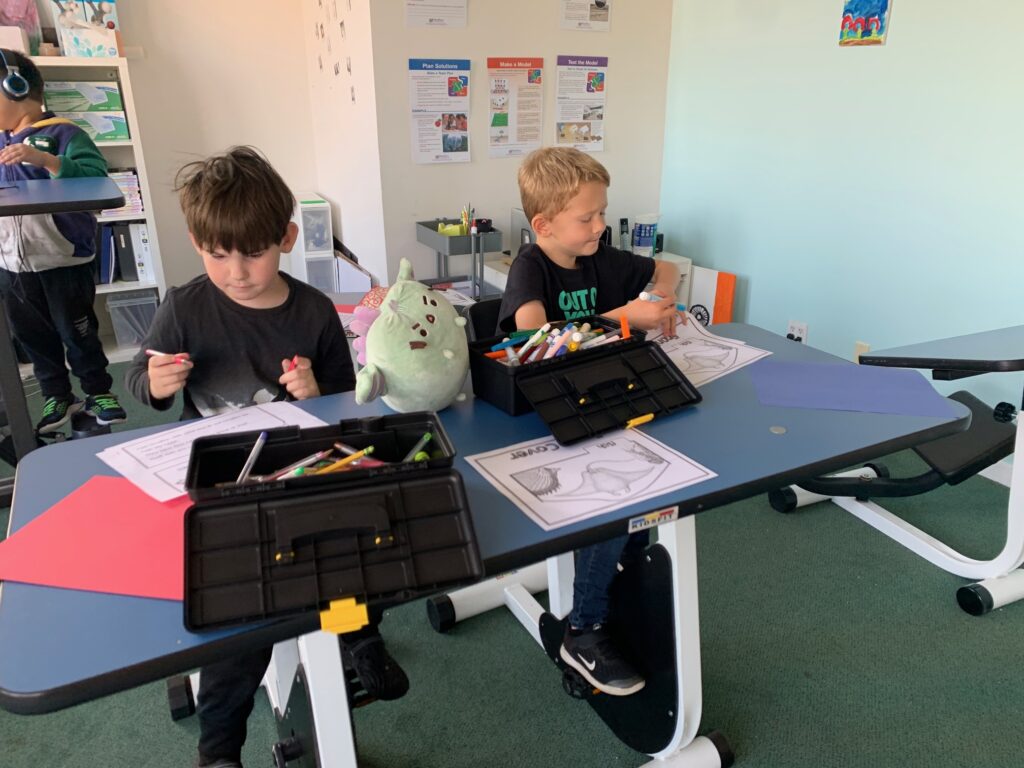Vanessa’s two decades of experience, combined with her master’s degree in clinical psychology, has helped to provide comfort and solace to countless families and high-spirited children. KAHLON FAMILY SERVICES, her own business, was founded in 2008 and uses her years of experience to provide service to others. If a student has trouble meeting their school’s behavioral and academic demands, Kahlon Family Services offers behavioral consultation, parent education, and school support. In this blog, Vanessa Kahlon talks about the importance of parents becoming involved in their child’s education as well as showing an interest in what their children are learning and what activities they engage in outside of school hours.
Be your child’s first teacher
Children learn more from their parents than they do from any other person in their life. It is important to be your child’s first teacher by talking to them and engaging with them. This will help your child develop language skills, which will set the stage for future academic success. Studies show that children whose parents talked to them more had a better vocabulary at age three and better math skills at age five.
The most powerful way you can shape a child’s learning journey is by reading to him or her every day. Reading aloud does not just make bedtime easier—it helps kids stay focused, retain what they have read, build vocabulary, and love reading!
Apart from academic skills, children also tend to pick on your behavior and imitate it. So if you want your child to become an honest person then be an honest parent yourself. If you want your kid to have healthy eating habits then make sure that he has healthy food at home and encourage him to eat healthy food outside too. If he starts begging for junk food then it might be time to change his environment so that he can spend less time around temptation and focus on healthier things.
Create a loving, nurturing environment
A loving and nurturing environment is the key to helping your child develop. Start by making sure there are enough hours for your child to sleep, eat healthy food and spend time outdoors. There is no one size fits all approach to parenting, but these tips can help you start thinking about how you can create a loving and nurturing space for your family. Remember that everyone’s child is different so what works for some may not work for others.
Encourage activity
The more time children spend doing physical activities, the less likely they are to experience health problems later in life. Encourage your child to play outside and explore their surroundings by getting them involved in sports and other physical activities. You can also set up an obstacle course for them to run through in the backyard or make up an indoor game that encourages movement.
Make discipline a positive experience
One way to make discipline a positive experience is by including the child in the process. Instead of asking them what they did wrong, ask them what they think they should do next time. This will help them see that there are better ways to behave and will give the child the opportunity to take responsibility for their actions and learn from their mistakes. If a punishment needs to be meted out, try focusing more on the act than the consequence. For example, instead of focusing exclusively on not being able to go outside after misbehaving, have your child put his or her toys away for two hours instead. Remember that consequences should always be logical and age-appropriate so children can understand how their actions lead to certain outcomes.
Conclusion
We hope these tips have helped you feel more informed and better equipped to help your child’s development. Remember, when it comes to raising a child, there is no one-size-fits-all approach! As parents, we all have different approaches that work for our children in different ways; it’s important to remember that your way might not be the right way for another parent. Your best bet is to find the parenting style that feels most natural and comfortable for both you and your child!










